University Hospital Basel successfully implements a 3D-printed PEEK facial implant using 3D Systems’ technology, improving patient-specific treatments.
University Hospital Basel has achieved a pioneering milestone by performing the first surgery integrated with a customized facial implant that is compliant with Medical Device Regulation (MDR) guidelines, using a 3D-printed PEEK facial implant. Basel’s University Hospital, in collaboration with the industry-leading additive manufacturing solutions company, 3D systems, developed the particular based implants showcasing the advancing applications of 3D printing technology in healthcare.
The implant, designed by Prof. Florian Thieringer, Dr. Neha Sharma, and their biomedical engineering team, was produced using 3D Systems’ EXT 220 MED printer. This cutting-edge device, manufactured directly at the hospital, addressed a patient’s unique anatomical needs during a surgery completed on March 18, 2025. The cleanroom-compatible printer and streamlined post-processing workflows enabled efficient, on-demand production, eliminating traditional delays associated with external manufacturing.
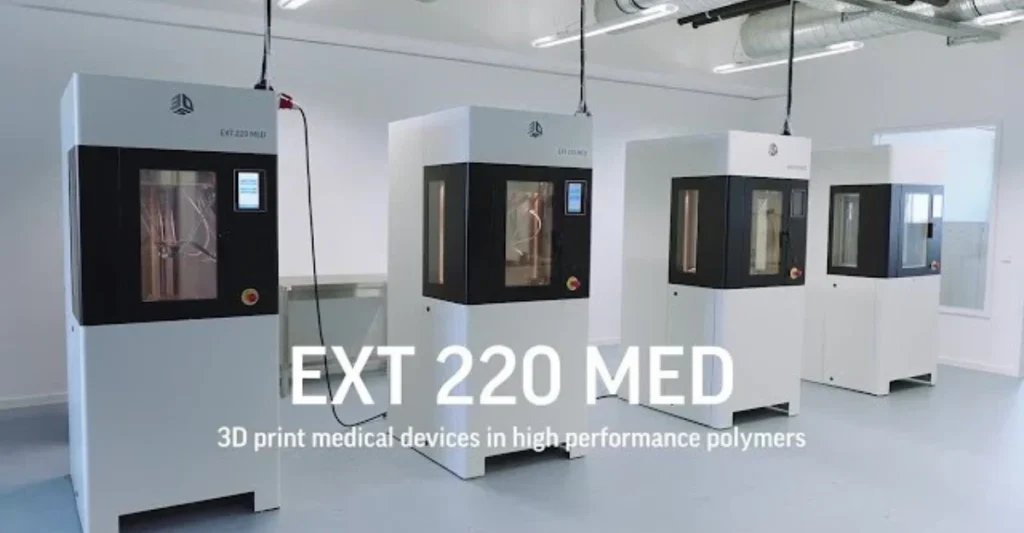
“Our goal is to tailor treatments precisely to individual needs and improve surgical outcomes,” said Prof. Thieringer. “Producing implants in-house allows us to respond faster and deliver care that aligns perfectly with patient requirements.”
Such accomplishments stem from an earlier partnership in 2024 with Evonik to develop another MDR compliant facial implant on the same printer. The implement used in those surgeries is the EXT 220 MED, which was released in August 2023 and has already been used in over 80 cranial implant surgeries worldwide, indicating a high level of market uptake and clinical trust.
As 3D Systems’ director of medical devices, Stefan Leonhardt noted the technology’s revolutionary possibilities: “The Basel Hospital’s adoption of Plug and Play Systems Additive Manufacturing EXT 220 MED is an instance of how additive manufacturing is changing personal care. We are devoted to the development of applications that meet specific clinical demands.”
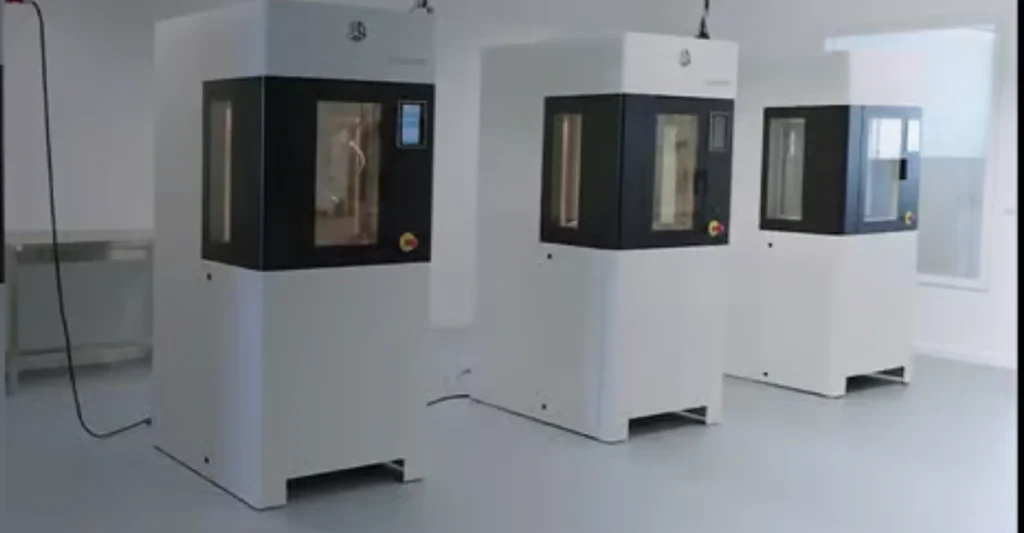
The work is in alignment with the changing directives issued by medical entities which focus on the uniform procedures concerning the creation of 3D printed models and implants. Such models and frameworks provide uniformity and safety, both of which are essential considering the fact that 3D printing at the point of care is becoming more popular.
As the materials and regulations evolve, industry experts foresee a rapid increase in the use of 3D-printed implants. The achievements of University Hospital Basel should be a guide for other institutions which seek to balance innovation and patient care.
Read more : PostProcess Marks 800 Sales as Demand for Automated Post-Printing Grows
By merging engineering precision with clinical expertise, Basel’s team has not only enhanced surgical outcomes but also ushered in a new era where hospitals can manufacture life-changing devices on-site—redefining the future of healthcare.


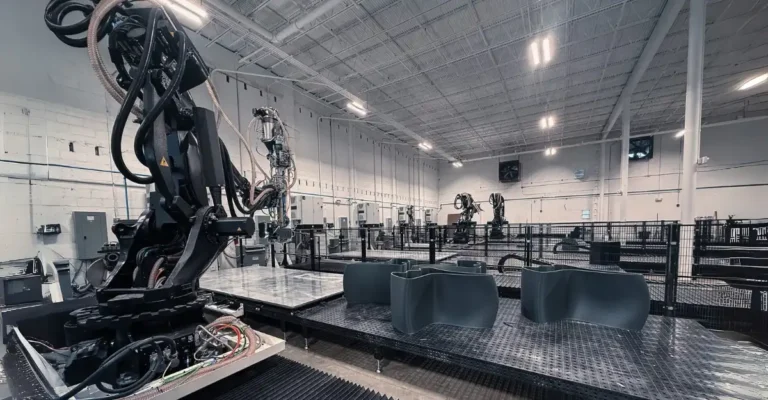
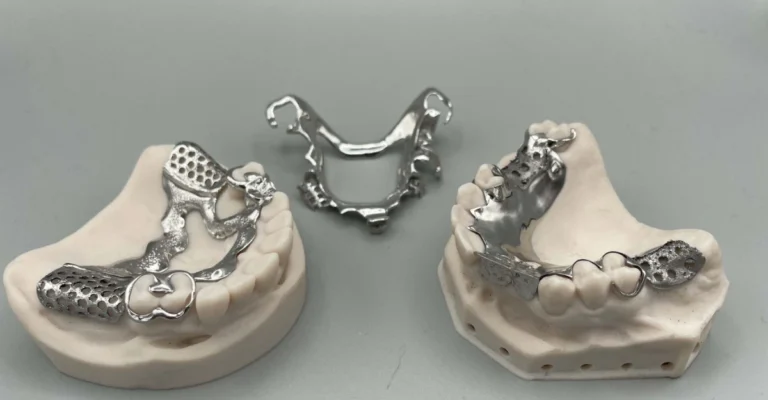
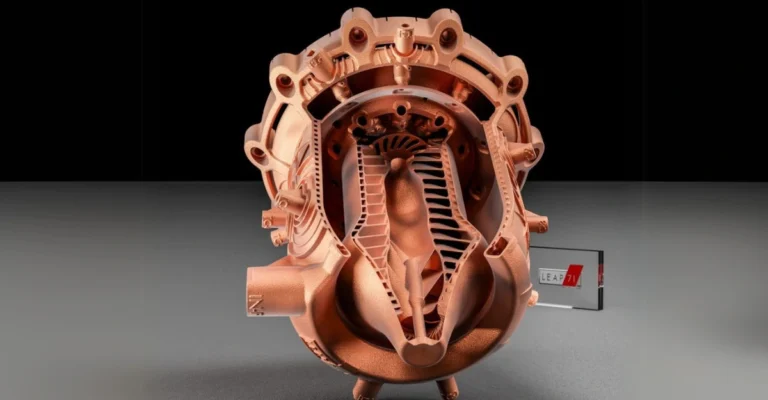


One Response